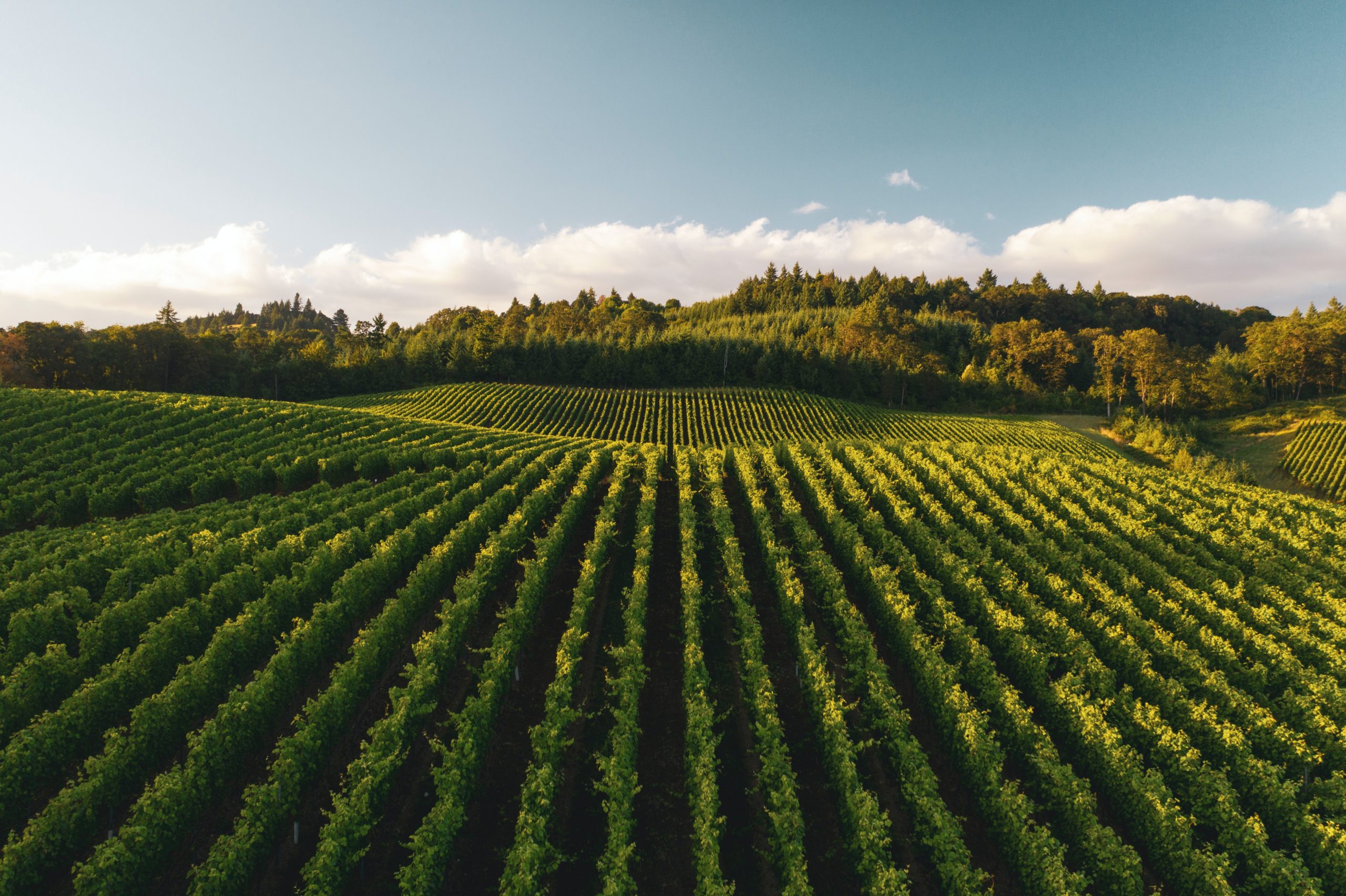In the wine world, social and environmental concerns, such as the search for healthy products and soil preservation, have led winegrowers to adopt sustainable agriculture. In response to these new expectations, organic viticulture has emerged, transforming farms. It is characterized by a vine culture which favors natural processes of exploitation and transformation of the grapes. Organic viticulture seeks to maintain the natural balance of crops and excludes the use of chemicals and GMOs.
Organic viticulture involves dealing with nature
The principles of organic viticulture offer many advantages, but make winemakers more dependent on environmental conditions. The characteristics of the grape vary from year to year depending on the climate. During hot or dry seasons, winegrowers must be ingenious to encourage the growth of the grapes. They are implementing techniques such as root praline, optimizing equipment settings, and using sheep to manage grass and leaf removal. Other methods include biodynamic composting, wood disease prevention, and planting flower strips. This approach stimulates innovation and transforms the wine industry.
The transition to organic farming is a real challenge for producers
Switching to organic farming represents a real challenge for wine growers. As with any business, they are faced with economic realities. The time required to work in the vines is greater, and fruit production is often reduced. This makes profitability more difficult to achieve with organic viticulture.
